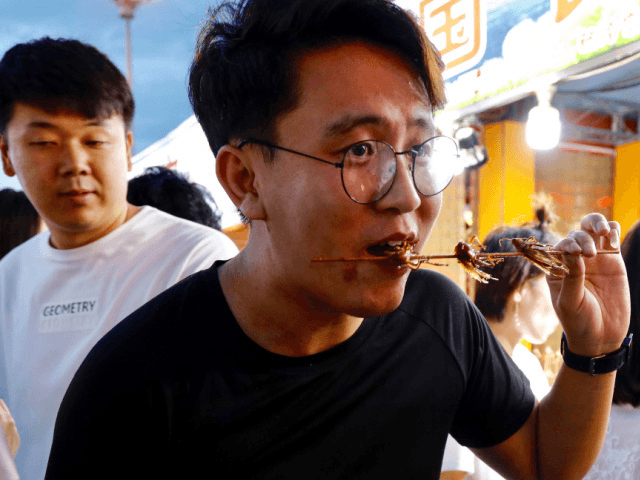A study from the University of Helsinki in Finland is suggesting that what people eat has to change in order to save the planet from climate change, including drastically cutting the consumption of meat and dairy products.
“The real take-home message is we have food pathways forward,” Rachel Mazac, a food systems researcher at the university and one of the paper’s authors, said.
USA Today reported on the study:
Those pathways will be necessary, say experts. The world is expected to have 9.7 billion mouths to feed in 2050, up 1.9 billion from today. At the same time, almost every country has signed on to the Paris Climate Agreement, a pledge to begin shifting to a carbon-neutral economy to fight climate change.
Food will be a big part of that. Global agriculture and food systems accounted for as much as 31% of greenhouse gas emissions in 2021, according to the United Nations’ Food and Agricultural Organization. For the United States, agriculture alone accounts for 11%.
Their model showed that even replacing 80% of animal food sources with plant-based options resulted in a 75% reduction in climate impact. Reducing meat consumption alone was responsible for a 60% lower environmental impact.
“We need to make some pretty sweeping changes if we want to minimize our impacts,” Mazac said.
The authors of the study, which was published in the scientific journal Nature Foods, call this kind of diet “novel or future foods,” including old culinary fare and new dishes.
Insects, the study said, have been eaten since John the Baptist referred in the Bible to eating locusts with honey. Mushrooms and seaweed are on the new food list.
Spirulina is also on the new list and is described as a “blue-green algae powder that’s vitamin-rich and added to smoothies and other foods.”
Mazac said that bugs could be more appealing if they come in the form of powders.
Mazac suggested what a “sustainable” daily diet might look like: A protein shake for breakfast made from cow milk that was brewed in cell cultures, with insect powder added for protein, and blue-green algae added for vitamins. A vat-made burger could be served up for lunch and a dinner burrito made from “scrambled cultured fungal protein” could be on the menu.
Follow Penny Starr on Twitter

COMMENTS
Please let us know if you're having issues with commenting.